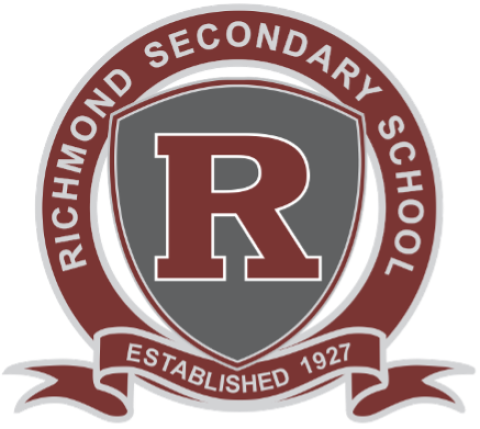Measuring Awareness Using Personal Land Acknowledgements
There has been a growing awareness of reconciliation and Indigenous issues amongst our students and staff as reflected in our work around land acknowledgements. A land acknowledgement recognizes the colonial context of the Indigenous territory/territories where a gathering is taking place, and it recognizes relationships between land and people, and in particular Indigenous peoples' continued presence on the lands being acknowledged. The following land acknowledgement is often used around the Richmond school district: We acknowledge and thank the First Peoples of the hən̓q̓əmin̓əm̓ (hun-ki-meen-um) language group on whose traditional and unceded territories we teach, learn and live. At Richmond Secondary it has become our practice to perform land acknowledgements at the beginning of meetings, at the start of classes, at the start of student announcements, and at the opening of school celebrations and gatherings such as awards assemblies and music concerts. Our students and staff have been working on developing and writing personal land acknowledgements. Teachers from our Indigenous Education Team have been providing staff with guidance and support on how to approach land acknowledgements in their classes, and have shared and modeled their work by opening monthly staff meetings with their personal land acknowledgement. Our students in Drama, English, Social Studies and Art have engaged in research and self-reflection in developing and writing their personal land acknowledgements which are meaningful and connected to thoughtful action. Below is a land acknowledgement from RHS teacher Ms. A. Shelling, and student land acknowledgements from RHS students Jimmy R., Arlo F., and Rebecca B. who were invited to share their personal land acknowledgements at the last 3 monthly staff meetings:
Personal Land Acknowledgement by Ms. A. Shelling
I would like to acknowledge and thank the Musqueam Nation, "the people of the river grass" and all other Hunquminum speaking language groups on whose unceded and traditional territory we live learn and teach. As a settler and an uninvited guest on this land, I commit to thoughtfully and meaningfully embedding Indigenous content and ways of knowing into my teaching.
Personal Land Acknowledgement by Jimmy R.
I would like to acknowledge and thank the first peoples of the Musqueam nation on whose unceded territory we live, learn and prosper on. I would like to acknowledge their ancestors who lived in the Lower Mainland Southwest who were forcibly split apart. I live on the traditional lands of the Coast Salish people, who endured unfair treatment and were silenced by European settlers. It is important to remember that the people of the Coast Salish still remain affected by this to this day. As someone who has benefitted from their losses, I firmly believe that it is necessary to give thanks and acknowledge the past as often as we can. We must do so in order to remember the past, and to move towards a greater reconciliation. The duty of leading this movement is ours, as we are the torch-bearers of today. To those ends, we should all strive for a radiant future, together, through mending our pasts.
Personal Land Acknowledgement by Arlo F.
I would like to acknowledge and recognize the First Peoples of the hən̓q̓əmin̓əm̓ language group whose traditional, ancestral and unceded land we are on today. We must remember and reflect on how we are settlers and uninvited guests that stole and appropriated this land from people who were here for thousands of years. We also must remember that the First Peoples went through colonialism, assimilation, and cultural genocide and today we must commit to supporting them in their healing process. We must not only acknowledge the past but also the present and how there are still many First Peoples living in this land we stole from them. We need to continue to educate ourselves and others on Indigenous stories, languages, art, music, history, and cultures. In the future, I am going to continue to educate myself further on Indigenous history and stories and talk about Indigenous Peoples and land acknowledgments with my family and friends. If we strive to protect this beautiful land and hear Indigenous voices, we can have a better future.
Personal Land Acknowledgement by Rebecca B.
I would like to thank the hən̓q̓əmin̓əm̓ language group and the Musqueam nation for whose land we live, learn and teach. We are reminded that the Indigenous have shared their gratitude to allow us to share a portion of their sacred land. By reconciling, we are owning up to the mistakes of our ancestors and acknowledging the presence of the Indigenous who have been silenced for so many years. Although we may not be personally involved in the errors our ancestors have made, by immigrating and moving to this piece of land, we are respecting its origin and the culture of its original inhabitants. I would like to thank the Indigenous for preserving the land so that we and our future generation may enjoy the scenery, its nature and its wildlife. Furthermore I would like to recognize the impressive efforts the elders have shown to continue passing on their beloved languages, culture and beliefs despite the hardships they faced. Let us all acknowledge their presence, their voice and commit to our part to preserve this land for years to come.
